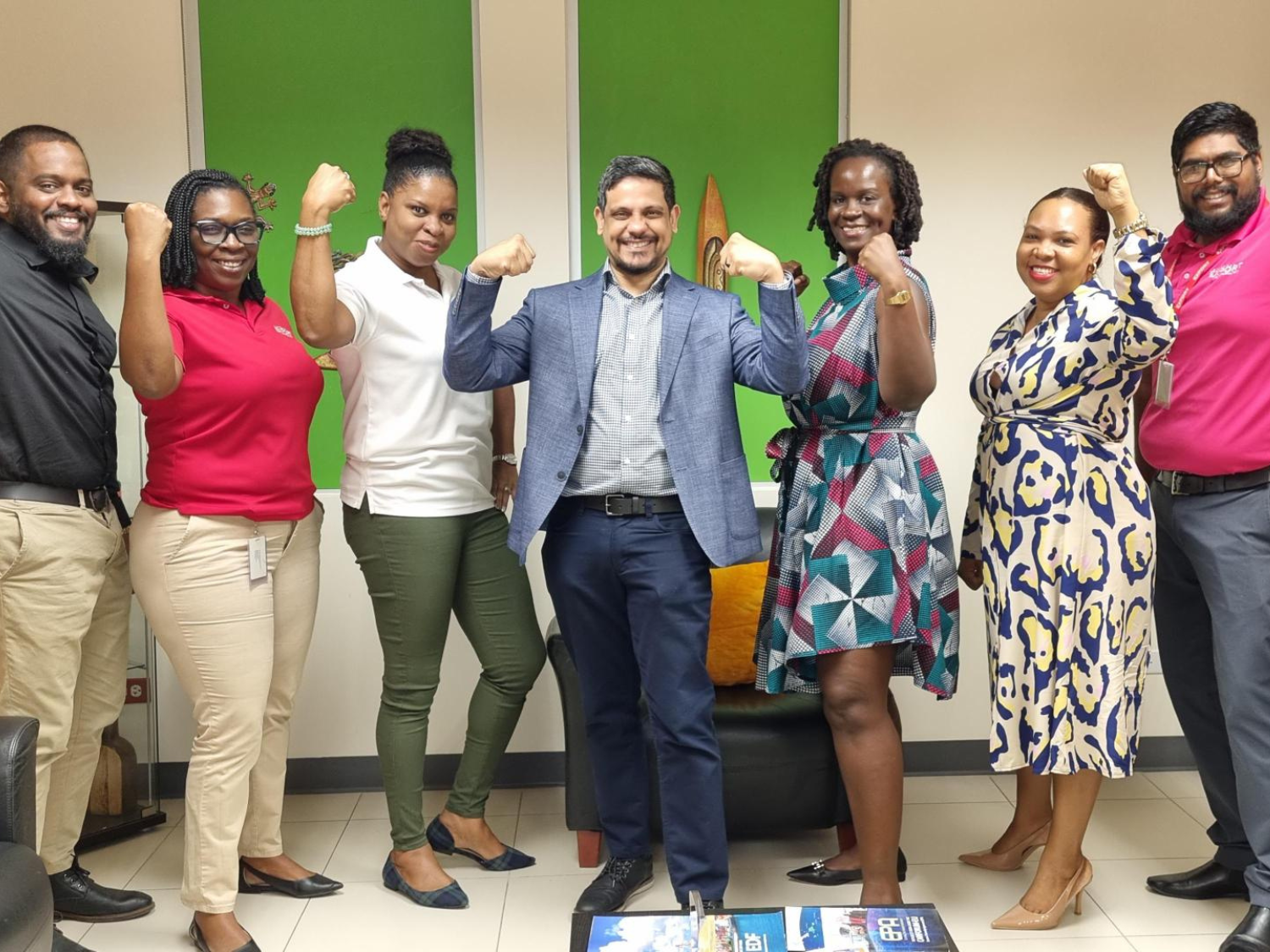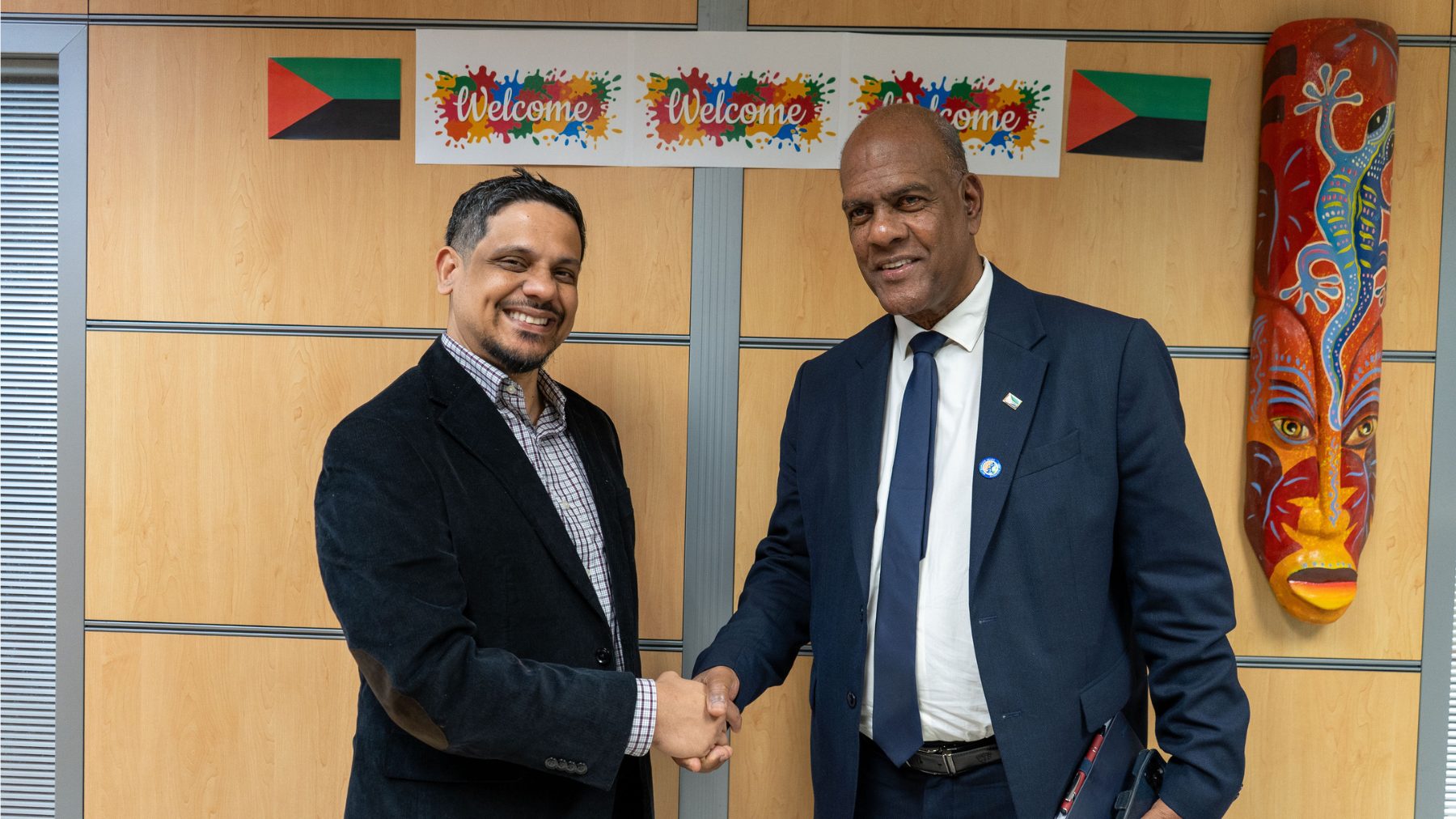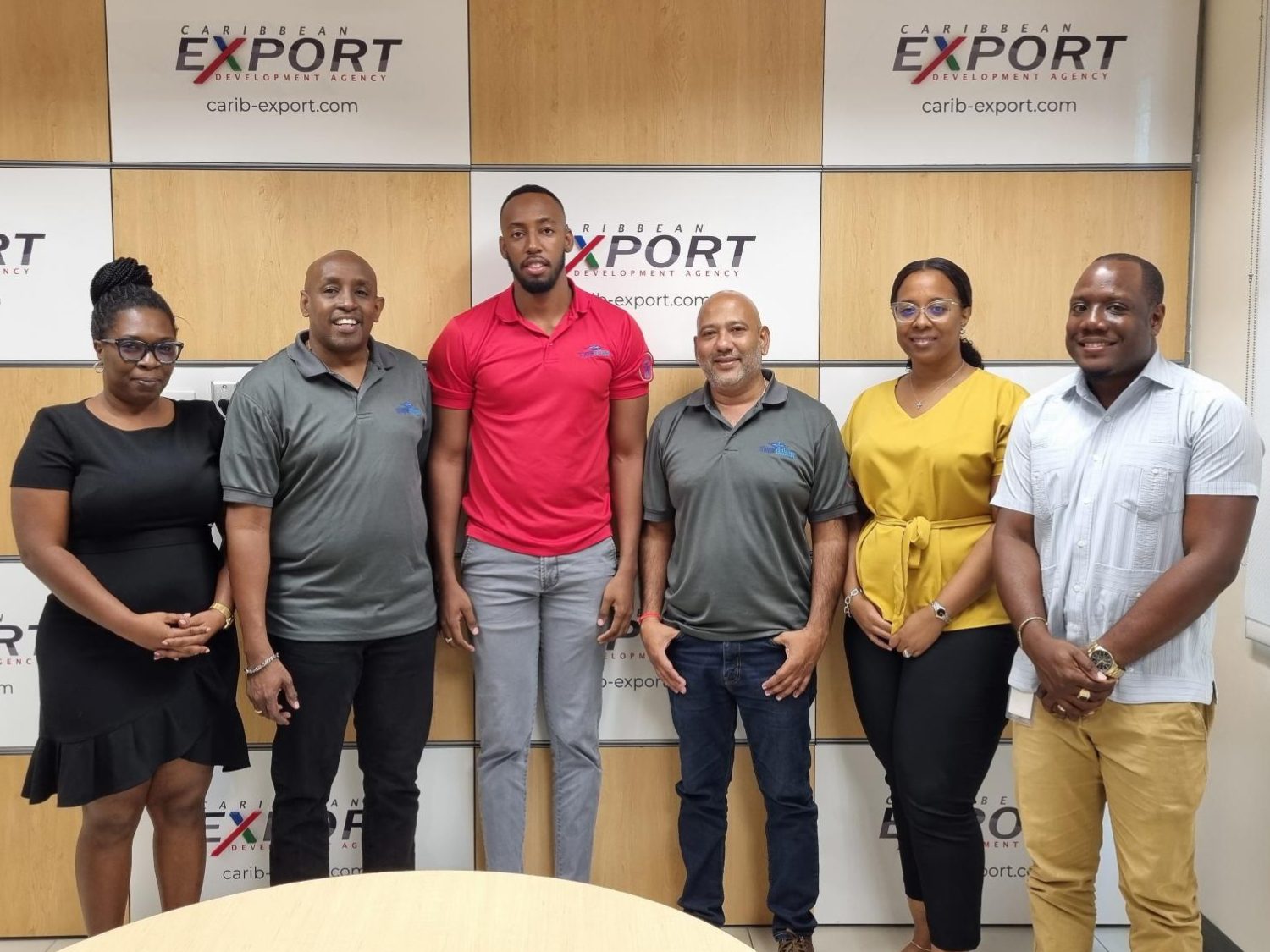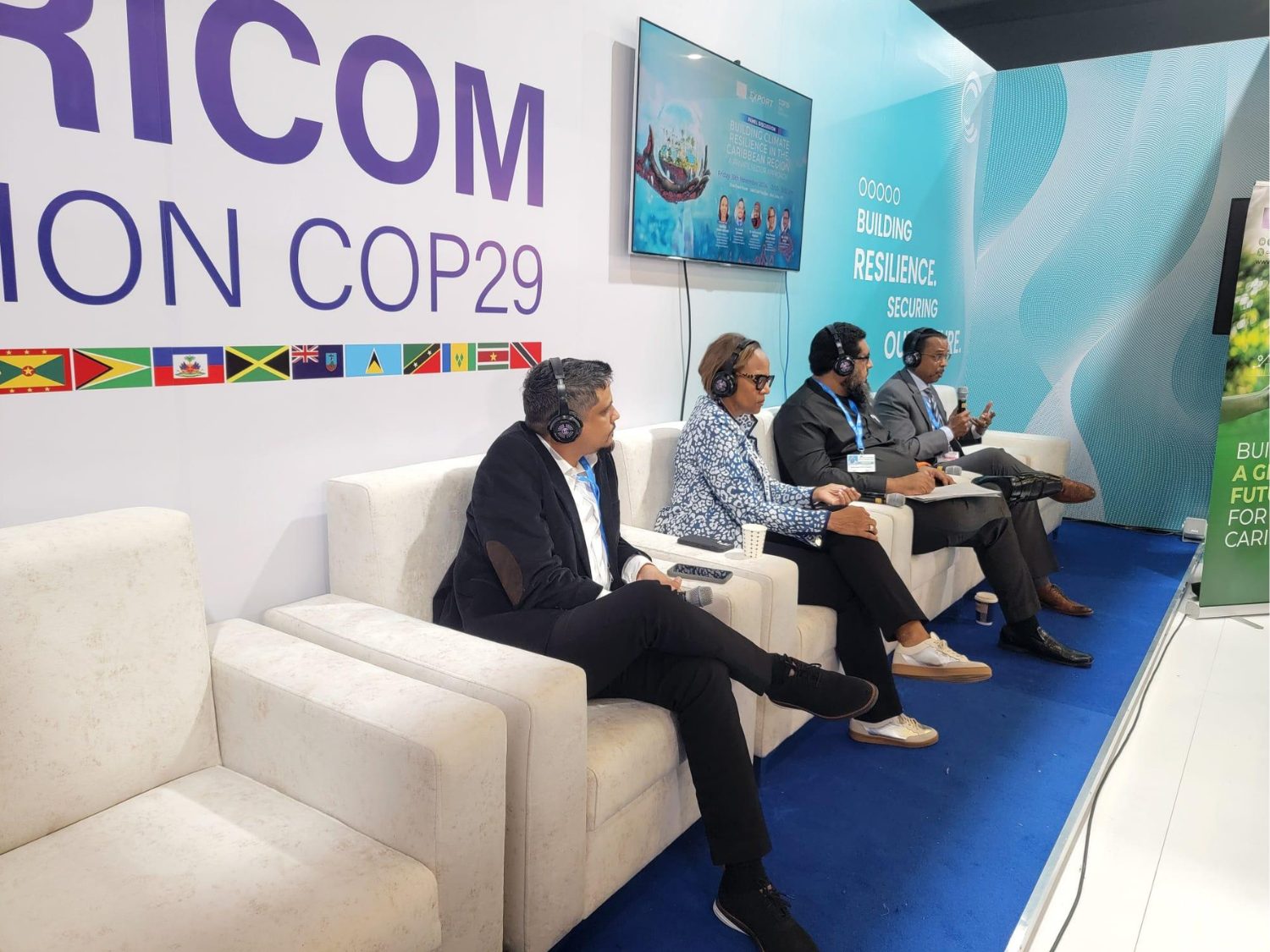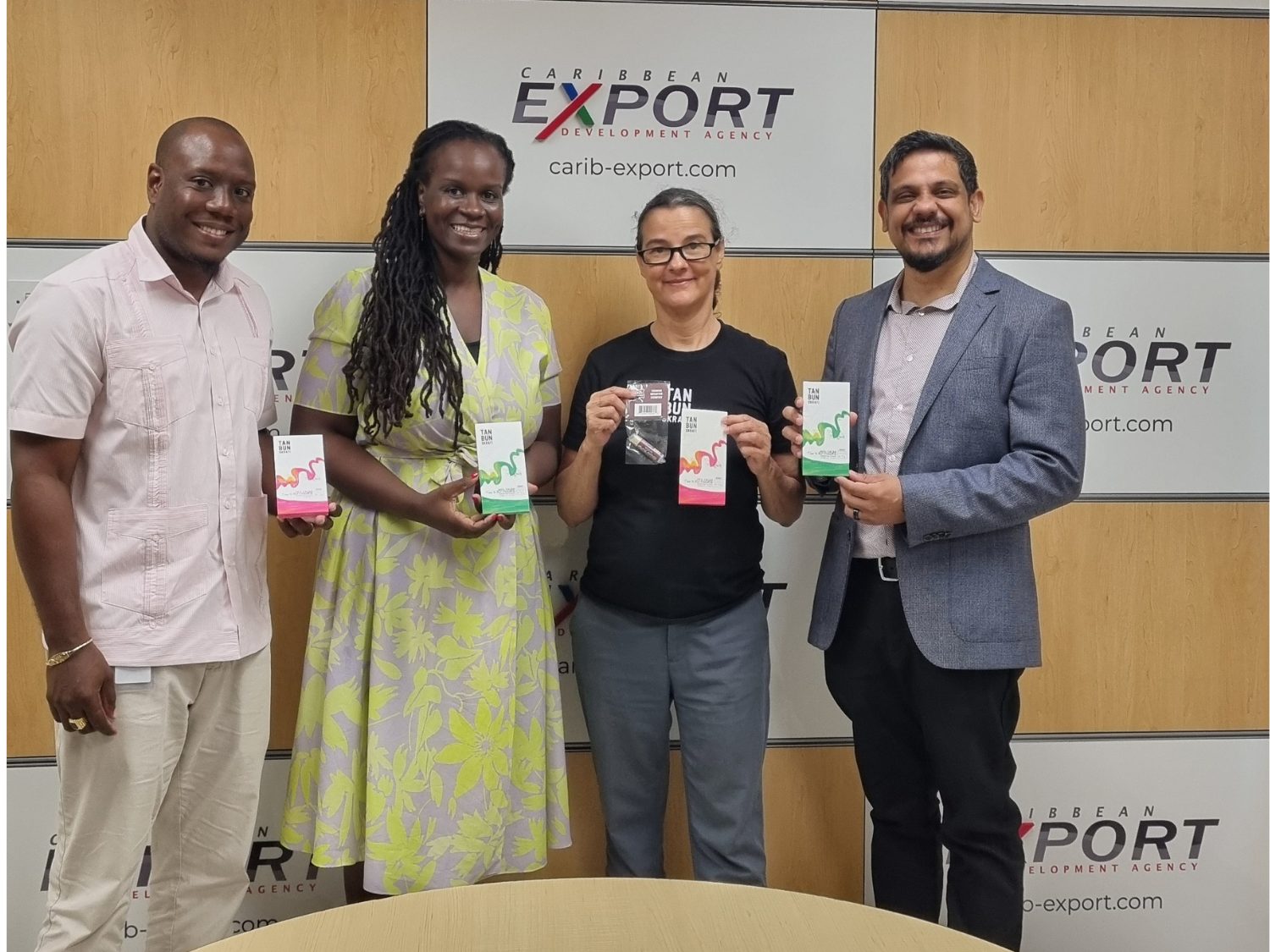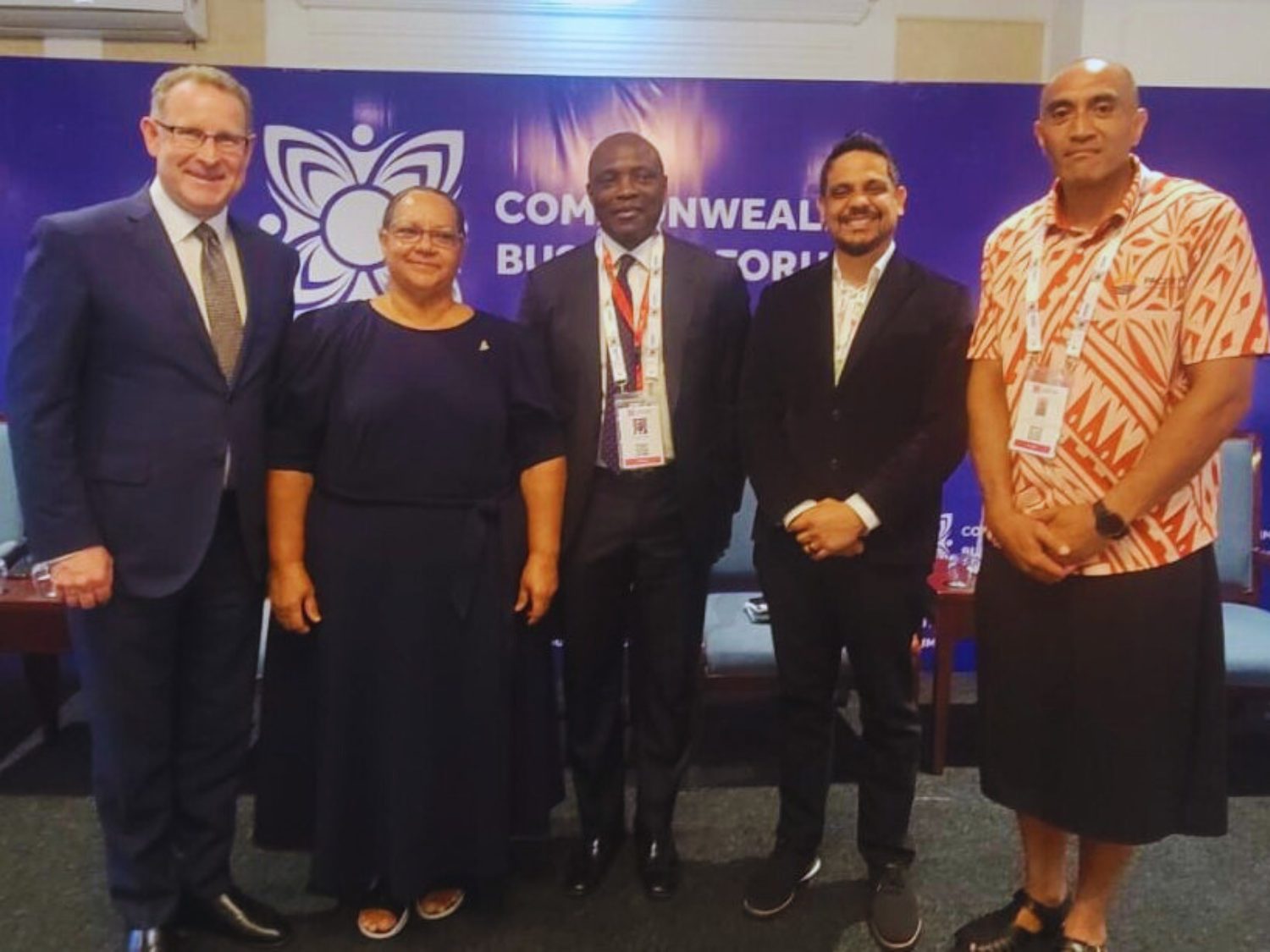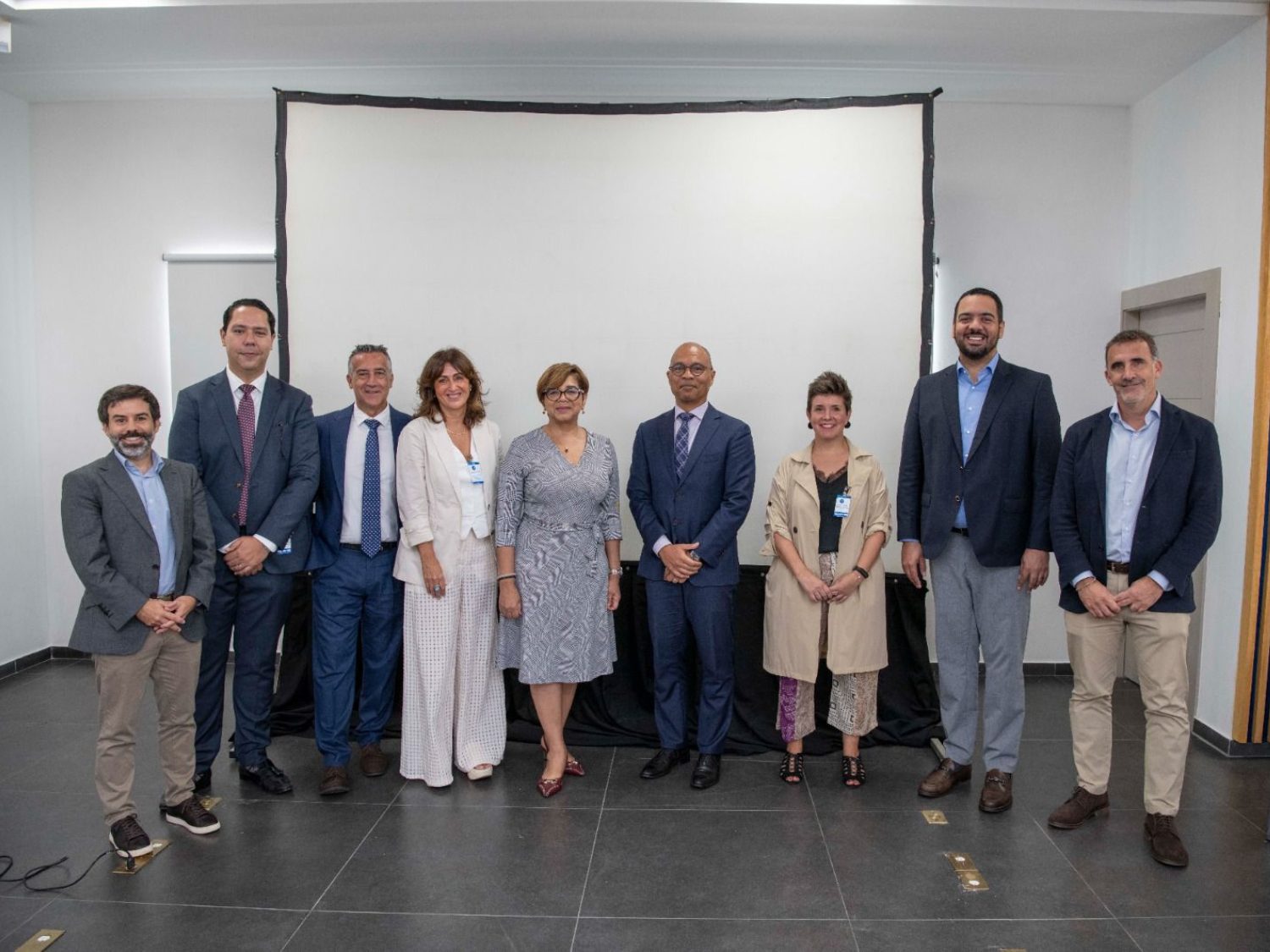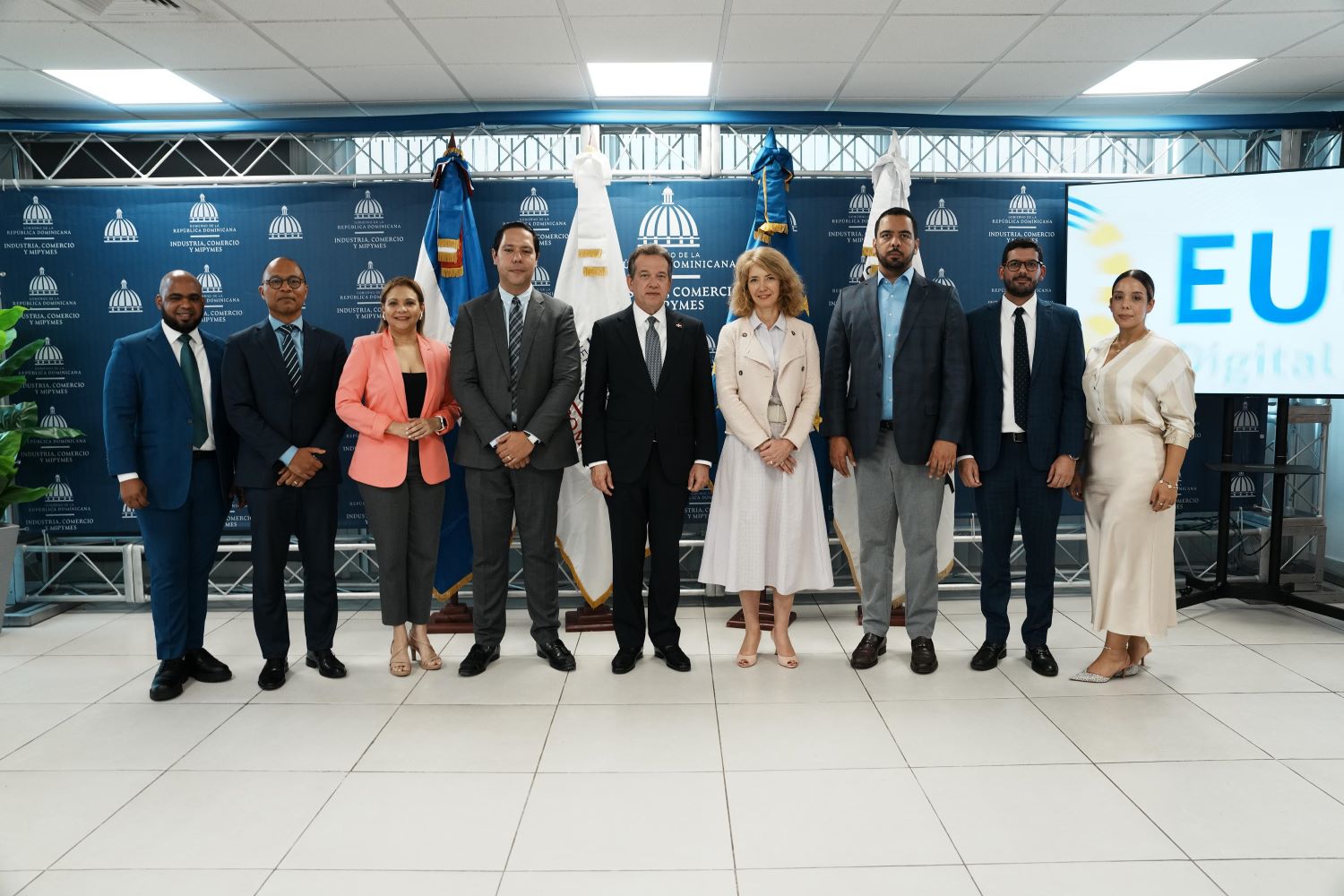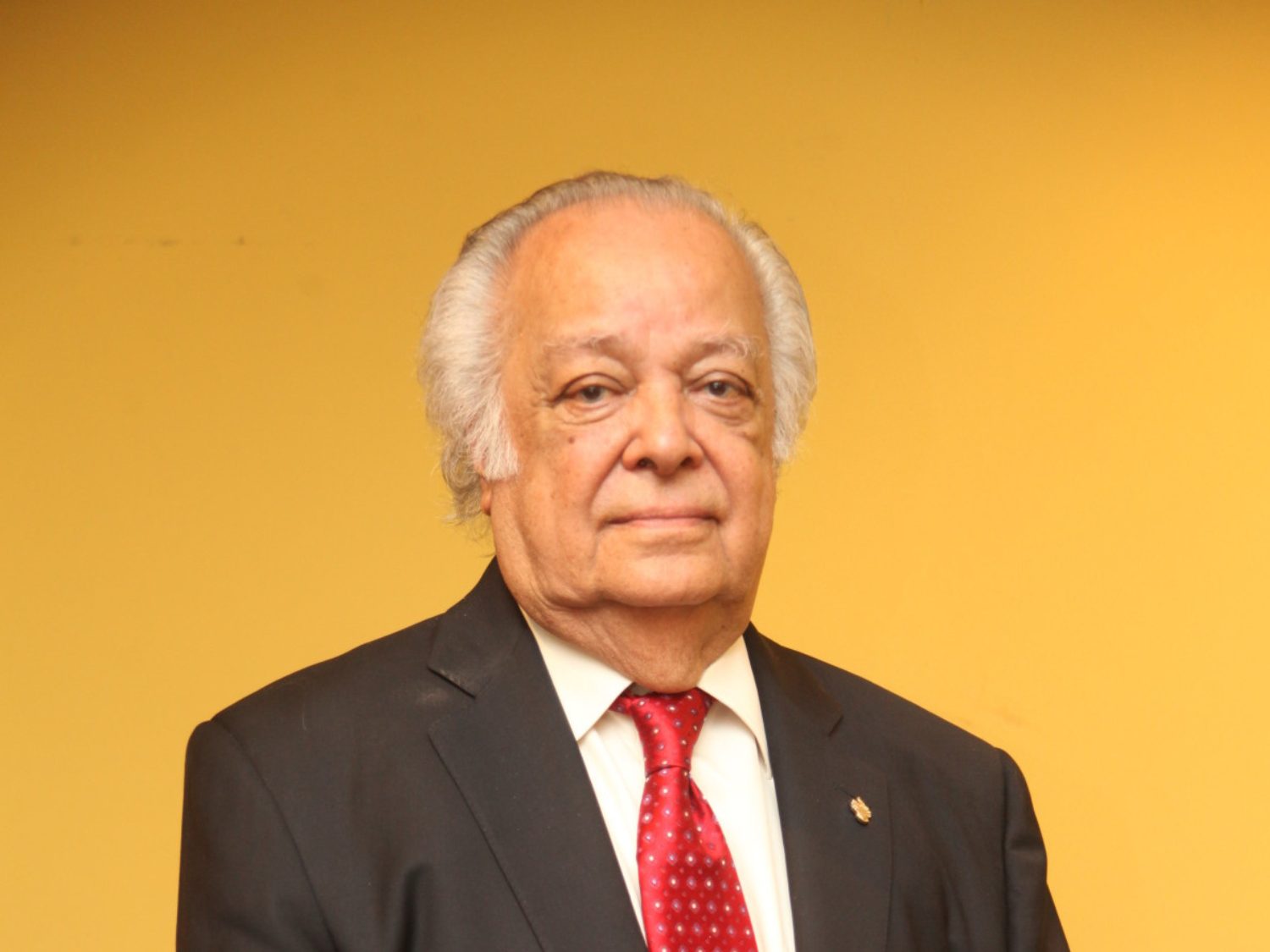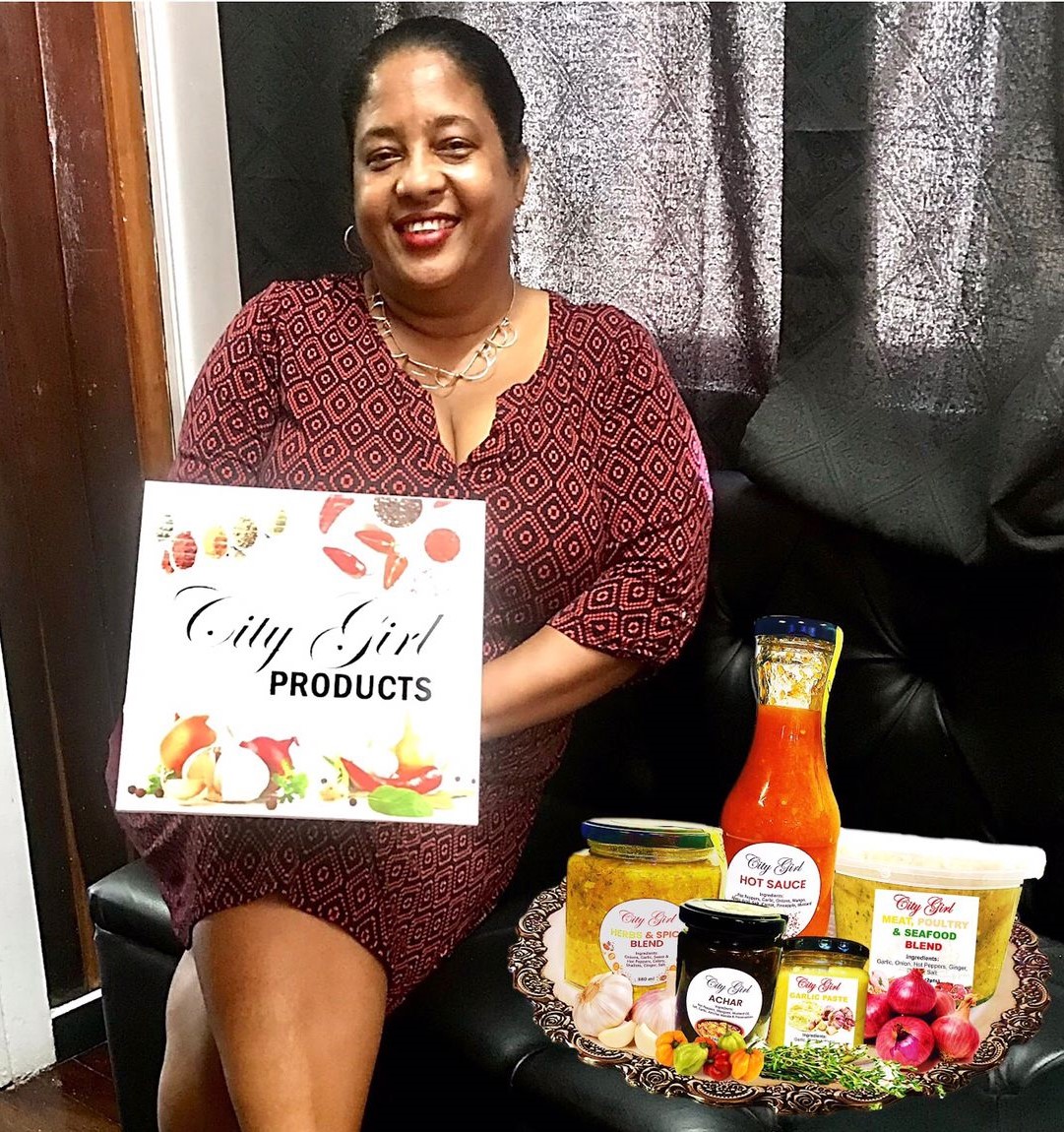The United Nations Framework Convention on Climate Change (UNFCCC) 29th Climate Conference of Parties (COP29) met in Baku Azerbaijan 11-22 November 2024. Dubbed the ‘Finance Conference’, there was an expectation especially from vulnerable and marginalized economies, that this gathering would address how Small Island Developing States (SIDS) and other similarly affected economies would finance climate action and build resilience to ensure their sustainability.
By now, everyone would be familiar with the “1.5 to stay alive” campaign that sought to build awareness about the state of global warming and the necessity to keep global temperatures below 1.5 degrees Celsius. Scientists have long argued that human action, including the burning of fossil fuels like coal, gas and oil in homes and industry, have contributed to rising carbon dioxide levels, increasing the earth’s temperature. These rising temperatures lead to more frequent and intense weather, heatwaves, heavy rainfall and flooding, rising sea levels and more intense storms and hurricanes.
With 2024 already on target to be the hottest year on record1 , this sobering assessment will have detrimental effects for SIDS including the Caribbean. Only in July this year, hurricane Beryl was the earliest category 5 storm to be recorded, causing hundreds of millions of dollars in damages and complete loss and devastation to Carriacou and Petite Martinique, Grenada. Thus, the imperative for ALL economies to act is not one grounded in a medium-to-long-term trajectory, but one that is a lived experience for us in the Caribbean.
Caribbean actors, large and small, private and public, must play a role in building a resilient community. Recognizing this, and with Caribbean Export’s mandate in mind, as the leading implementer of private sector programmes in the Caribbean, the Agency curated a panel discussion as its contribution to Caribbean voices at COP29 – Building Climate Resilience in the Caribbean Region – A Private Sector Approach.
While the Caribbean is renowned for its natural beauty, it is already reeling from the devastating impacts of climate change and environmental degradation imposing significant economic strain on industries such as tourism and agriculture, and overall economic development. Hurricane impacts, tourism losses and infrastructure damage from sea level rise could amount to USD22 billion per year by 2050 and USD46 billion per year by 2100, representing 10% and 22% of current regional GDP2 .
Beyond the hazards of climate change, the region faces another challenge of high energy costs. In the OECS, energy rates exceed US$0.35/kWh3 , which is more than double the average energy cost in the OECD of US$0.15/kWh and far above the global average of US$0.17/kWh4 . This economic pressure is especially severe when combined with the region’s efforts to recover from the COVID-19 pandemic, which has disrupted supply chains and strained local economies. Save for Trinidad and Tobago that benefits from lower energy costs due to domestic oil and gas production, the rest of the region continues to face the burden of high energy prices, making the region uncompetitive across many industries.
At the same time, the challenges posed by high energy costs and climate vulnerability highlight the need for a comprehensive green economy transition. Such a transition, while urgent, is bursting with opportunities for economic transformation. Renewable energy, including solar, wind, and marine energy, represents one of the Caribbean’s most promising sectors. The region is blessed with abundant natural resources. Between 2015 and 2022, the Caribbean increased its renewable energy capacity by 51%, reaching 64% of the generation from renewable sources in 20225 . However, this pace must be accelerated. As population and economic growth continue, electricity demand is projected to increase by an annual average of 2.3% from 2022 to 20506 , further amplifying the need for sustainable and efficient energy solutions.
The green economy transition also offers substantial economic benefits. A joint report by the International Labour Organization and the Inter-American Development Bank published in 2020 estimated that decarbonization efforts could create approximately 400,000 jobs in the Caribbean7 . Furthermore, the International Renewable Energy Agency has projected that for every US dollar invested in the energy transition, an additional US$0.93 of GDP growth could be generated beyond the business-as-usual scenario. These figures illustrate the potential for significant economic gains through sustainable investments8.
Data shows that SMEs account for between 70 and 85% of Caribbean economies, thus as engines of growth across important sectors of the economy, SMEs can make a significant contribution to the transition to greener and more climate friendly practices which in turn portend significant job creation while mitigating climate risks.
Turning to the panel discussion, joining Caribbean Export’s Executive Director were the Executive Director of the Caribbean Centre for Renewable Energy and Energy Efficiency (CCREEE), Vice President of Caribbean Development Bank and Founder and Chairman of Kenesjay Green, an SME and operator in the renewable energy space.
The discussion raised some critical points for consideration on how SMEs can be supported to achieve greater impact in addressing climate action. These can be summarized as follows:
- Access to finance will increase the scope and scale of projects to assist in the green transition
- Green practices and strategies require significant investments in renewable energy systems, energy efficient equipment, waste management etc. Thus, access to funds will allow SMEs to adopt the innovative solutions required to make a significant impact, implementing green solutions and making an overall contribution to climate imperatives.
- Technical assistance is an important driver
- While efforts at the green transition are popular in the Caribbean, many SMEs lack detail on green technologies and practices, as well as the practical benefits and solutions to transition to sustainable operations. Thus, we cannot overstate the importance of knowledge transfer, including the conduct of assessments including energy audits, to pinpoint opportunities for greener practices. Moreover, the need for the right innovative technologies and appropriate solutions were also identified.
- The need for a supporting enabling environment
- Clear, enforceable and predictable policies and regulatory frameworks are important not only for the SMEs but are important signals for investors and financiers as these policies encourage innovation. A call was made for Caribbean governments to act with alacrity to update the policies to attract the private capital to finance the transition.
- Partnerships for climate action
- Collaboration is essential to address climate action and to build a more resilient Caribbean. Due to the complexities around building climate resilience, partnerships will require not only pooling resources, but also expertise, the input of local communities and international partners to deliver impact.
Conclusion
The Caribbean faces unparalleled challenges from climate change, but it also has immense potential for transformation. The private sector is a critical driver of this change, capable of fostering innovation and accelerating the green economy transition. Access to financing, capacity building, supportive policies, and collaborative partnerships are key to this effort.
While COP29 fell short of expectations9 , the region’s resilience lies in its ability to act decisively. By embracing sustainable practices and amplifying advocacy efforts, the Caribbean can redefine its economic future. Climate resilience is not only a necessity but an opportunity for the region to thrive, creating a more inclusive and sustainable legacy for generations to come.
